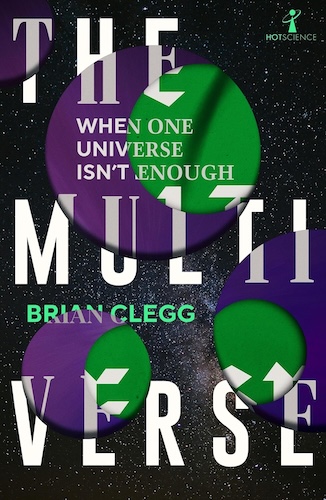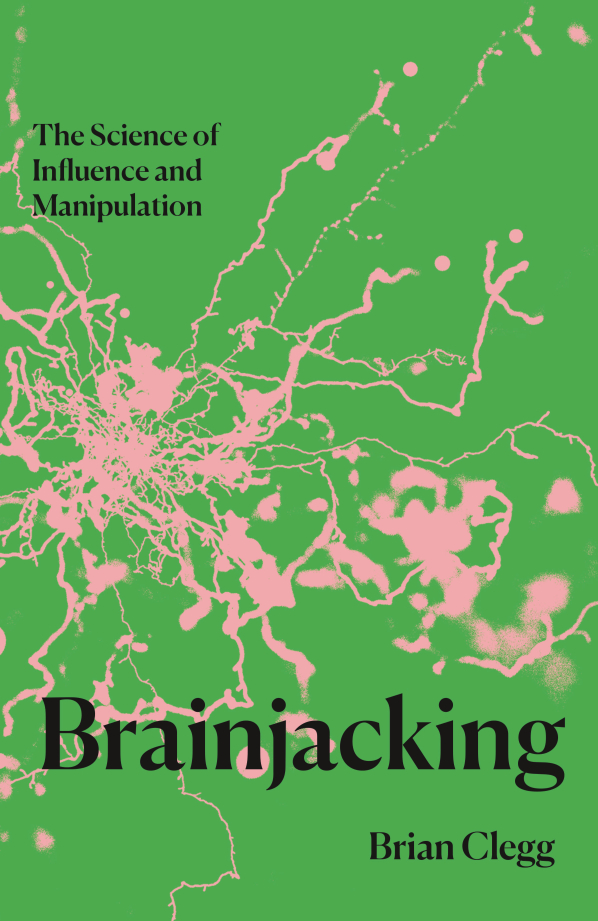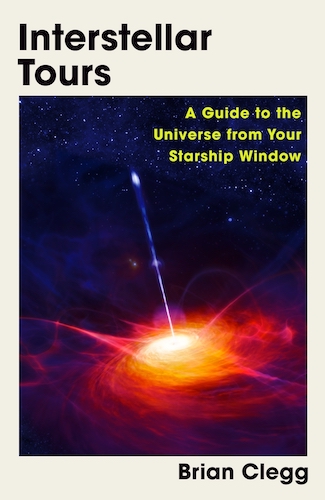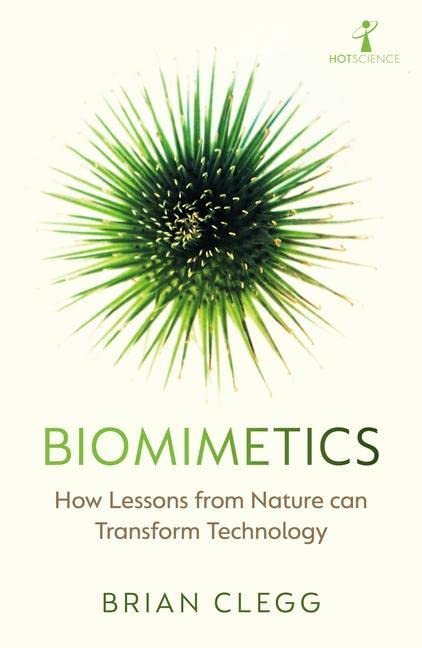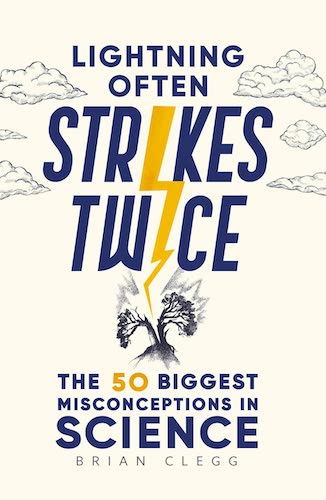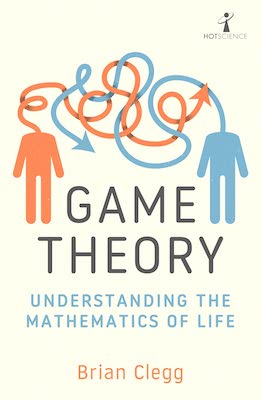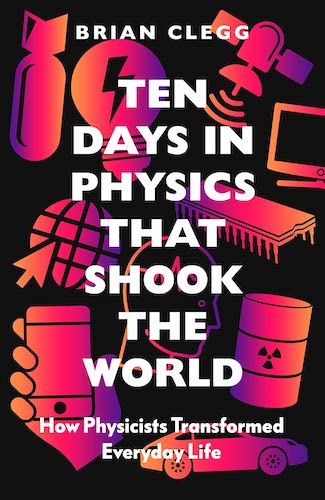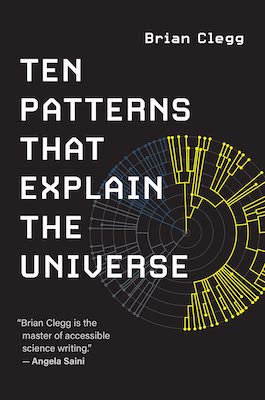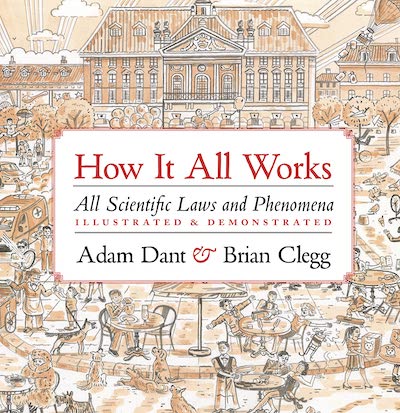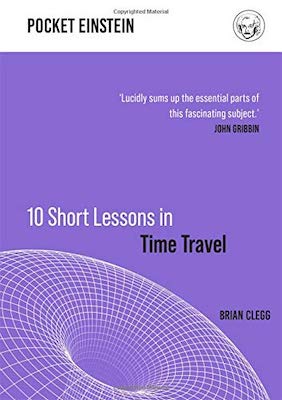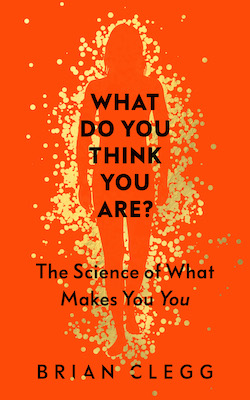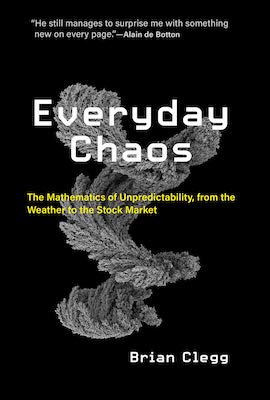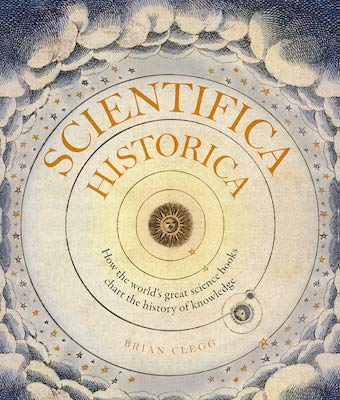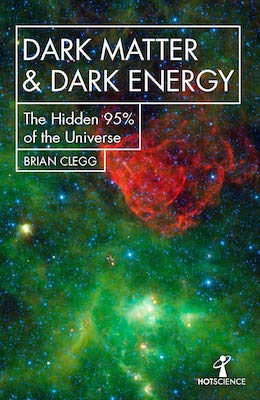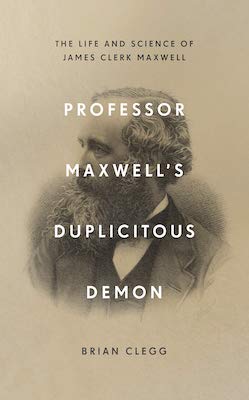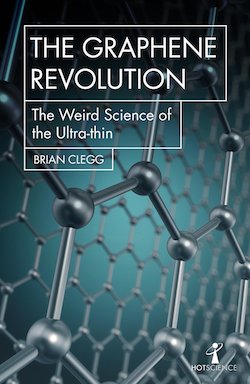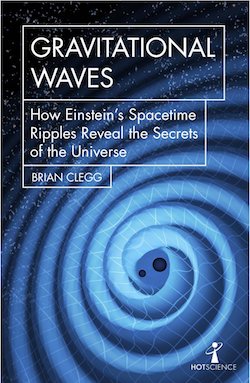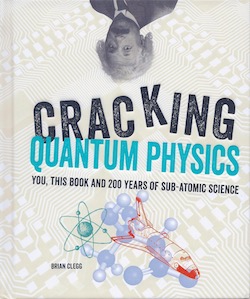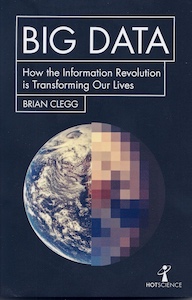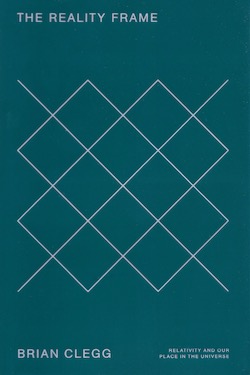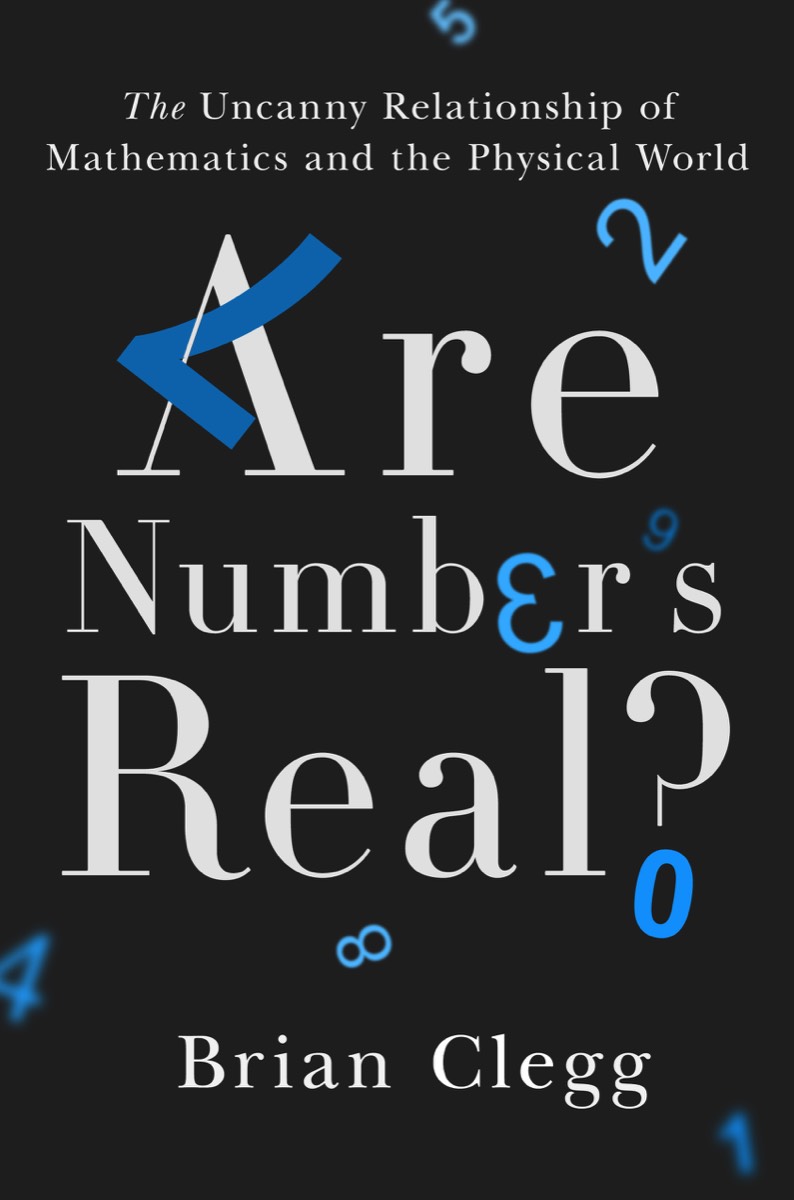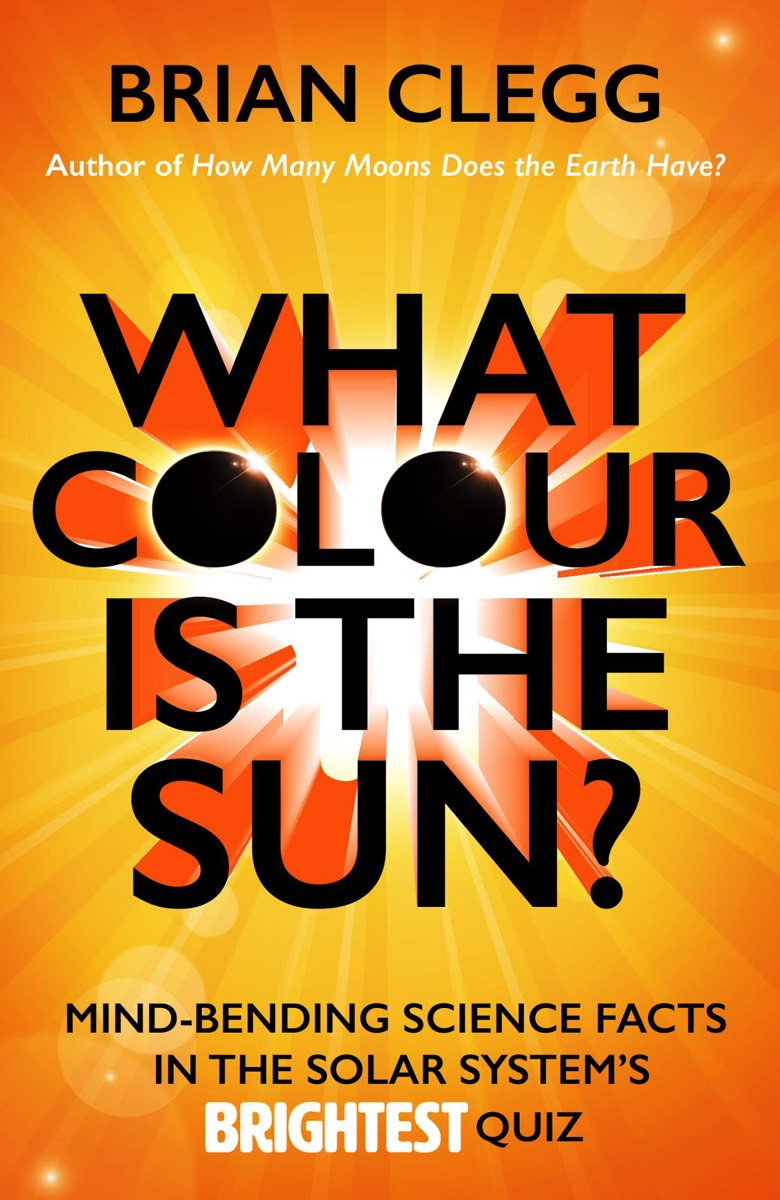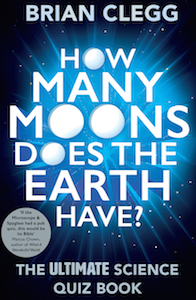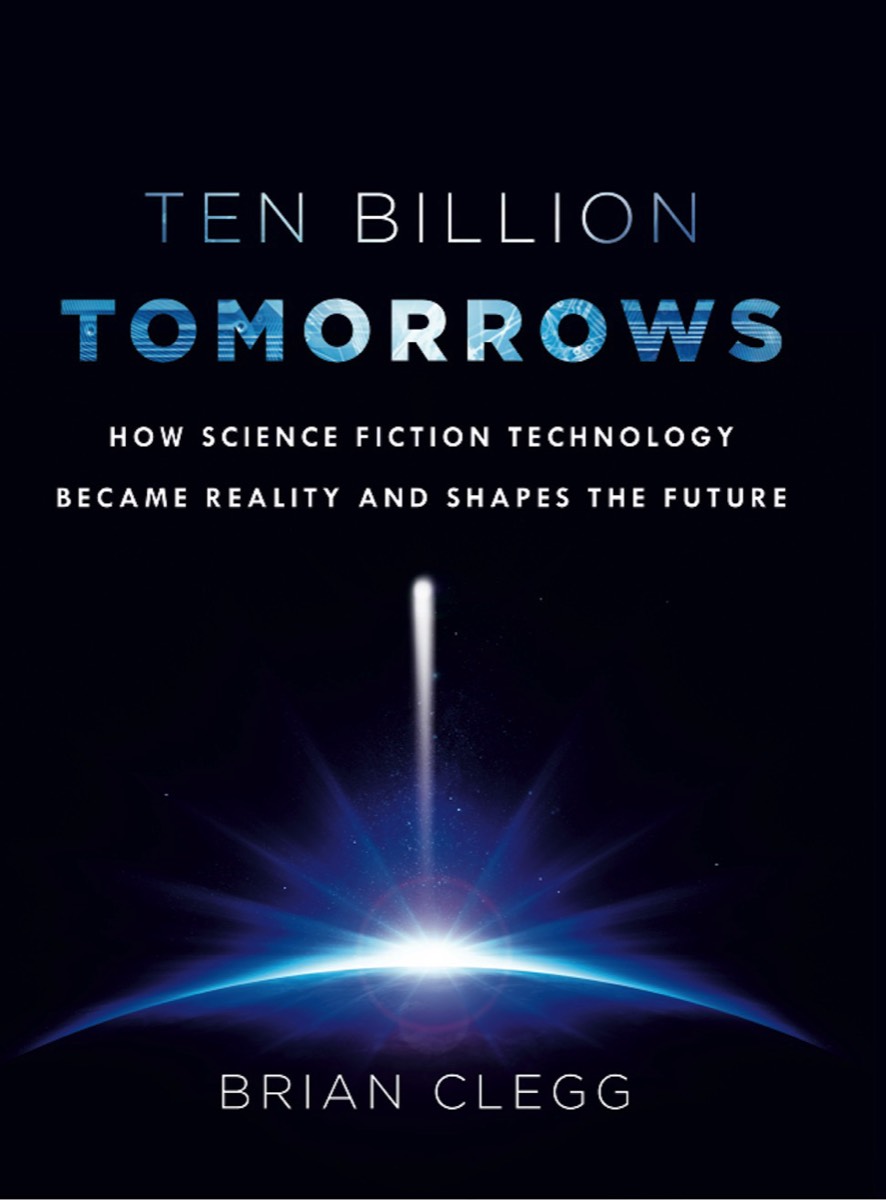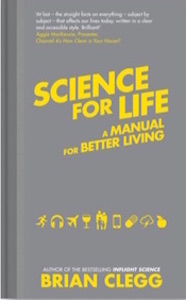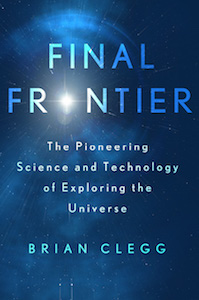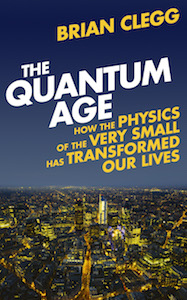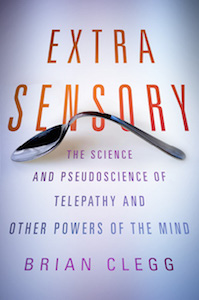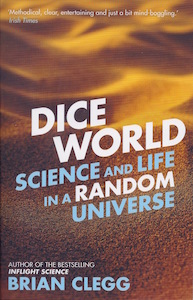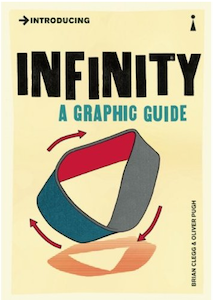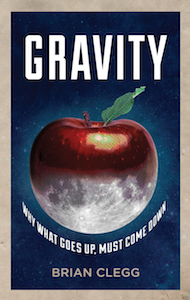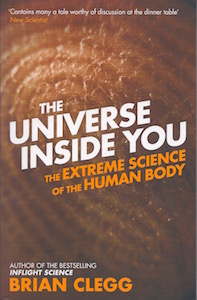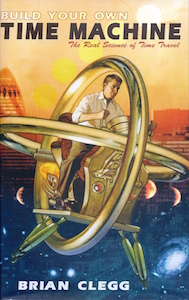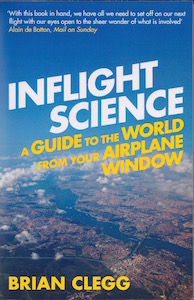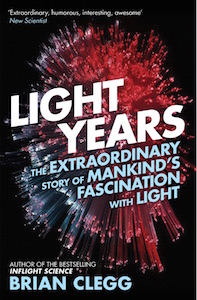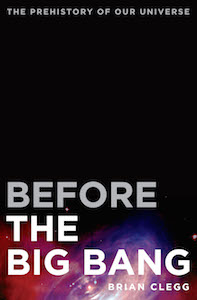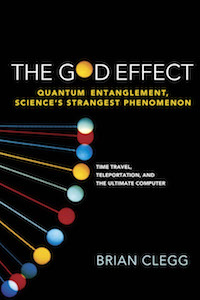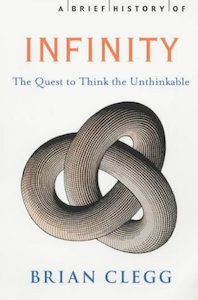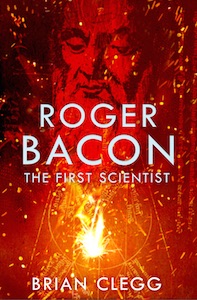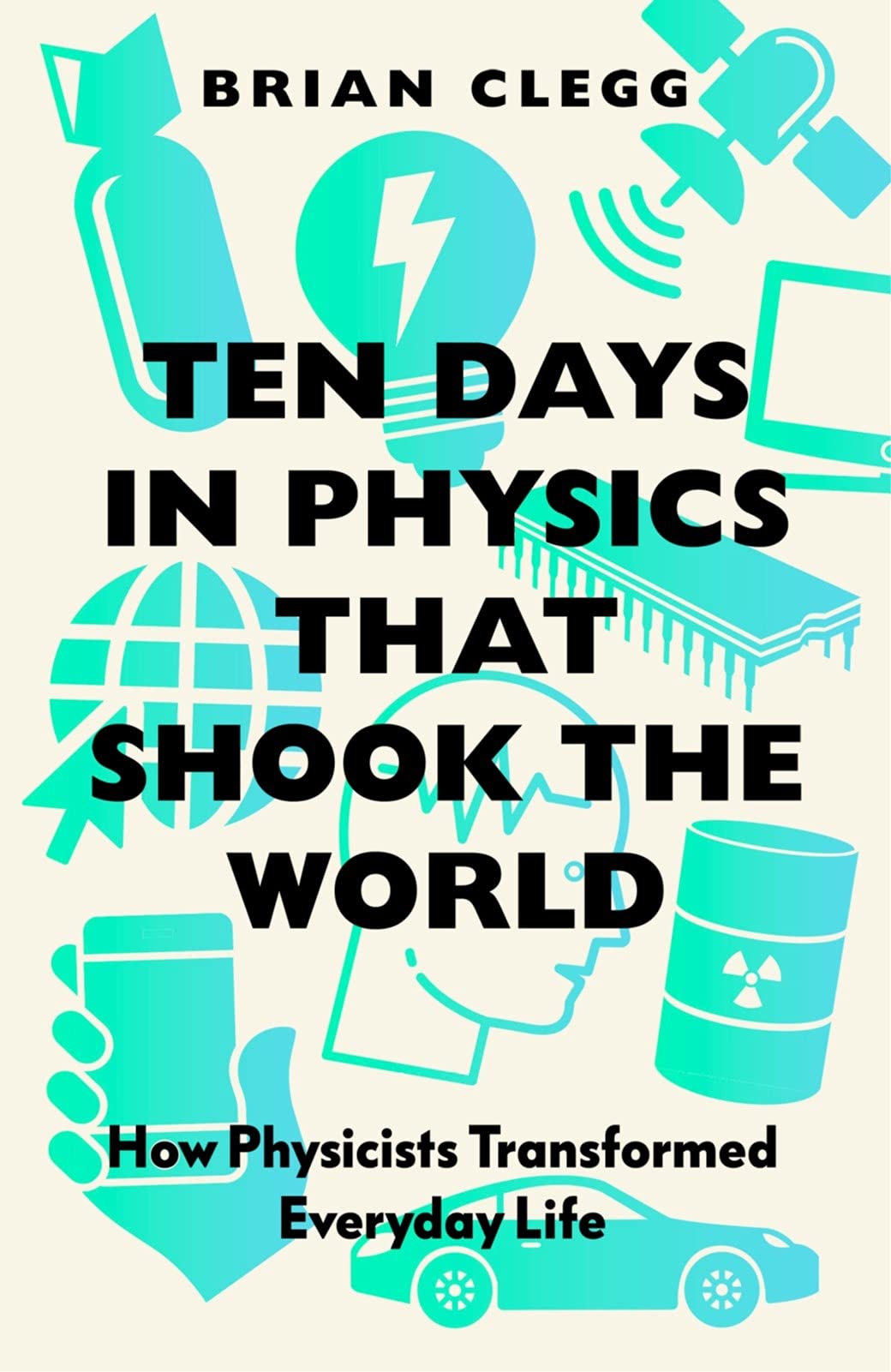
Ten Days in Physics that Shook the World
Succeeds where much of science writing fails, by creating a clear path between pivotal moments in scientific history and the world as we know it today.
Brian Clegg
The breakthroughs that have had the most transformative practical impacts, from thermodynamics to the Internet.
Physics informs our understanding of how the world works – but more than that, key breakthroughs in physics have transformed everyday life. We journey back to ten separate days in history to understand how particular breakthroughs were achieved, meet the individuals responsible and see how each breakthrough has influenced our lives.
It is a unique selection. Focusing on practical impact means there is no room for Stephen Hawking’s work on black holes, or the discovery of the Higgs boson. Instead we have the relatively little-known Rudolf Clausius (thermodynamics) and Heike Kamerlingh Onnes (superconductivity), while Albert Einstein is included not for his theories of relativity but for the short paper that gave us E=mc2 (nuclear fission). Later chapters feature transistors, LEDs and the Internet.
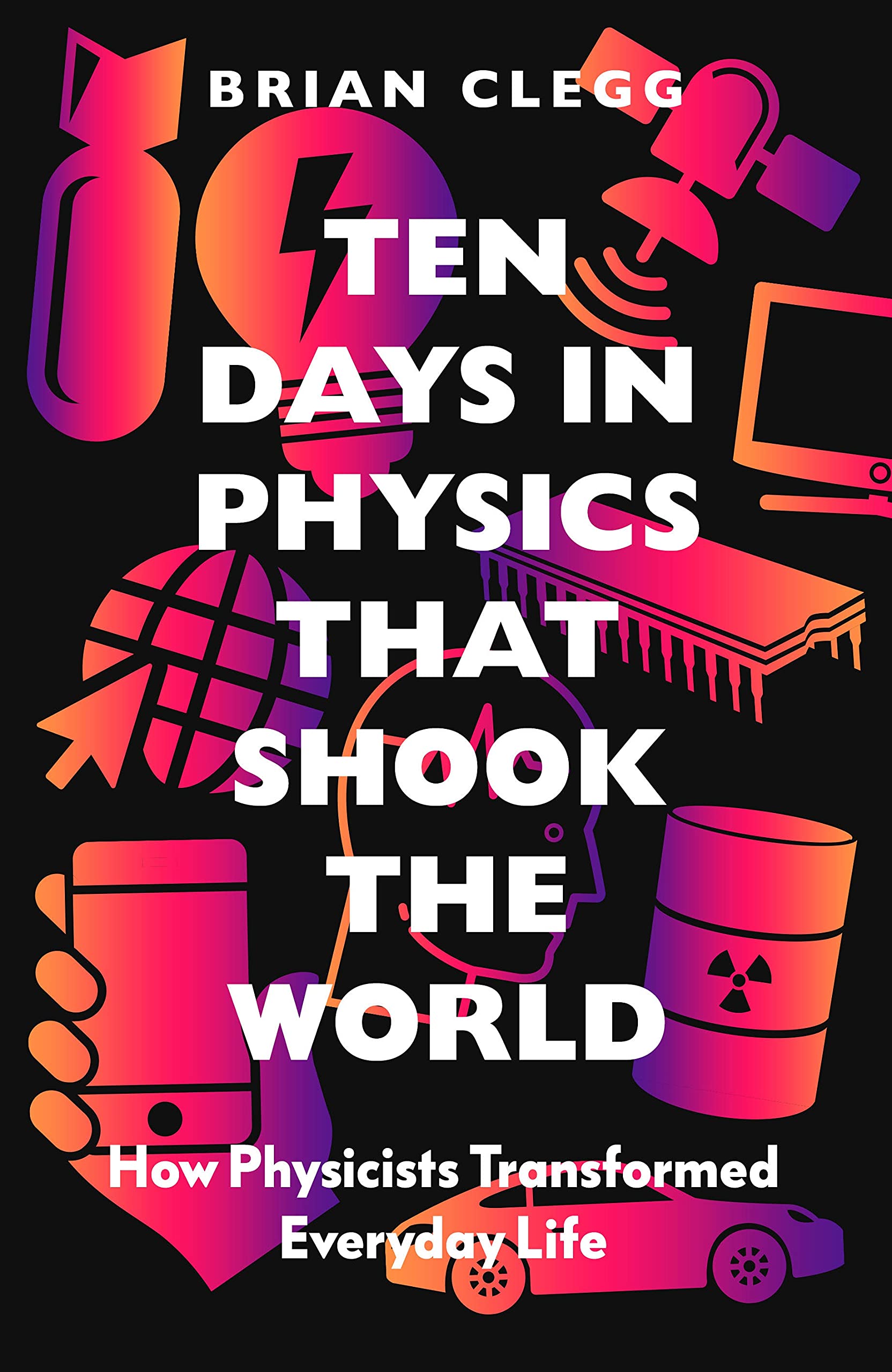
If you’d like a signed copy - it makes a great gift - purchase direct below when available. If you want a personalised inscription, just drop Brian an email at the same time with the details.
Hardback
Paperback
Kindle
Audible Audiobook
Using these links earns us commission at no cost to you
Reviews
Connecting the world of scientific research with that of the every day is a difficult task but Brian Clegg’s Ten Days in Physics that Shook the World manages to strike a delicate balance between the two. Marking each of the ten days with its own scientific figurehead, Clegg takes us through the defining eras of science. Presented in digestible and compact chapters, we are able to weave between each era as we please. We visit Newton as he establishes his three laws of motion, jump forwards to the 19th century to observe Curie making history as the first female recipient of the Nobel Prize, and peer at the possibilities ahead for a future day eleven.
Those in search of a well-written account of the world of science should look no further. Whether it’s radioactivity or relativity, superconductivity or supercomputers, Clegg’s Ten Days covers it. Those with prior scientific knowledge stand to learn more about the historical and social context of the discoveries that lead their studies, while those taking their first steps into science can do so steadily – avoiding a bombardment of mathematical formulae. Ten Days in Physics That Shook the World succeeds where much of science writing fails, by creating a clear path between pivotal moments in scientific history and the world as we know it today. Lily Pagano, Reaction
Clegg writes well in an informative and accessible way. Physics can of course get complex very quickly, and also the maths associated with many of the cutting edge insights, this book however remains readable and a really good potential entry point for younger readers looking to have a big picture view on what physics is, and how our best and brightest have gradually learned more about it. A nice book, well written, and hopefully it will find a receptive audience for its positive interpretation of why physics remains invaluable to our lives. Simon Cocking, Irish Tech News
Clegg is a skilled wordsmith and this is a light, easy read, filled with intriguing details, such as Kamerlingh Onnes's near-indecipherable lab notebook or the programming error that crashed the computer on the first attempt to use the internet's predecessor the ARPAnet… a good balance between history and science. Peet Morris, Popular Science book review site
Constitutes an engaging read not just for engineers and scientists, but for a broad ‘general’ audience… To me, one of the book’s best features is the section, present in each chapter, that portrays the inventor as a person, adding a human face to their discovery. Vitali Vitaliev, E&T Magazine
Links to purchase books earn us commission at no cost to you

